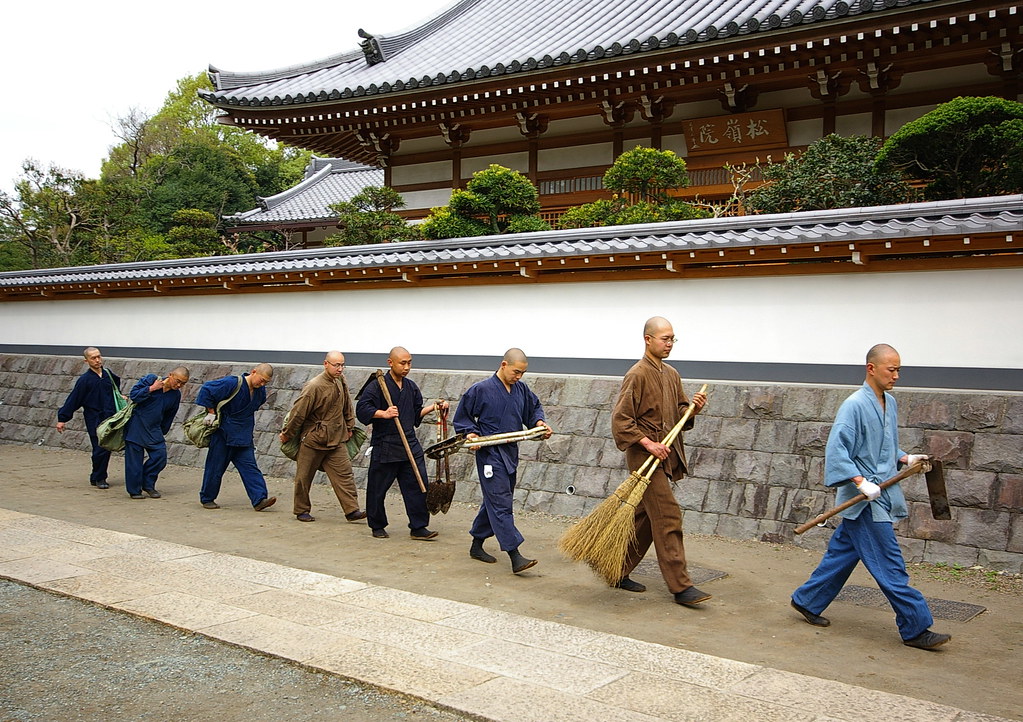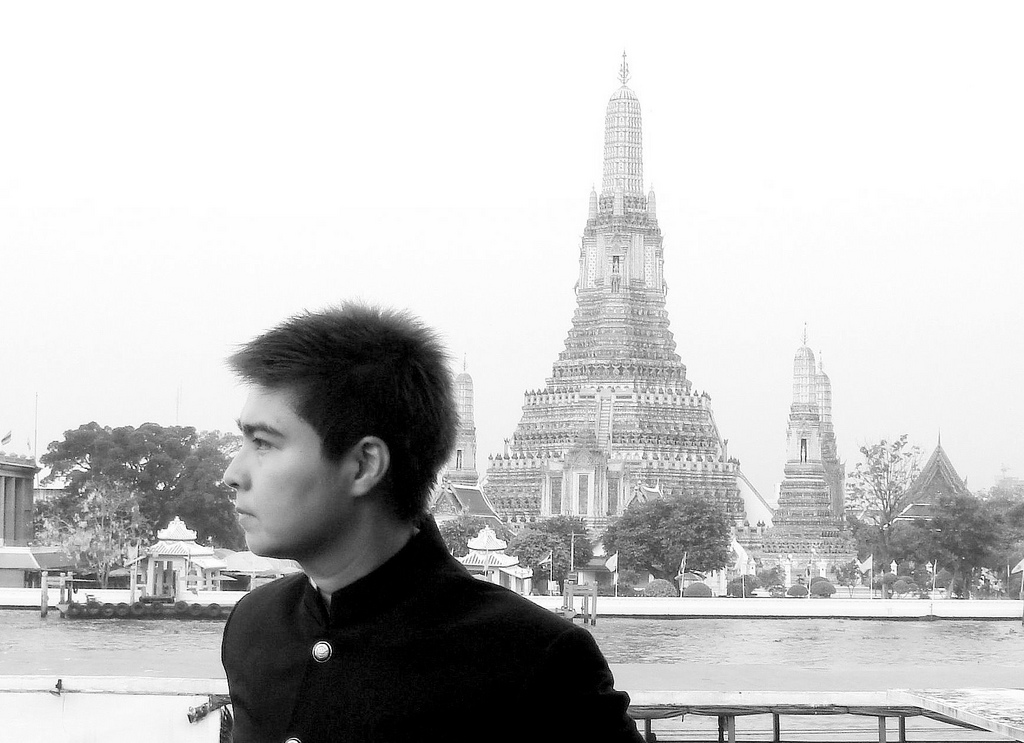
It is important to realize that pain, crashing though it can be, comes in waves. Mindfulness training will help you find refuge betweens those breaks. Crashing Waves by Jose Guillermo
In our life as a human being, one thing we can not escape from is pain. Physical or mental, one-time-off or long-term, we are likely to be exposed to it sooner or later in life, if not already.
Yet, inevitable as it is, we do not seem to have a clue what it is. Has it ever occurred to you that while the pain we sustain is right here with us, either with our body or mind, we always run to others to learn what it is and ask others how to deal with it?
Not that the author is that much different from this conventional, spontaneous reaction. In fact, the motivation to write this week’s installment came from the very recent hospital stay due to severe migraine.
When one experiences such acute level of pain that renders one helpless, literally grasping for air, shaking, losing sight in one eye, on the verge of throwing up while one’s jaw bones dropping and locking themselves in an unmovable, contorted position, one naturally has two desire. The first is not wanting to experience it again oneself, the second is not wanting anyone to have to go through this kind of pain. Ever.
So that was the motivation behind this piece. Of course the ultimate answer that the author like to emphasize is to solve the problem at its root cause—by trying not be born again so that we would no longer have to go through this pain cycle. But that is our longer-term goal. Meanwhile, now that we have been born and still have to go through various pain in our life, let us learn how to navigate through it as best as we can.
Here’s the catch: this attempt to learn from pain would not only help us now, but the accumulation of the learning would contribute to the eventual Enlightenment itself. Yes, it is just like killing two birds with one stone, if you would forgive the cruelty of the expression.
This does not mean the author is telling you to avoid the doctor or any other professional help at all cost and just handle each and any pain yourself. Given our modern-day living, it is only “natural” for us to go see doctor about any pain or illness we may have. What the author is trying to tell you, though, is that there are many things you could do to be better informed about your pain before, during, and after you receive a medical treatment. Consider it your personal bonus, if you will.
The Nature of Pain
First of all, like anything else in life, pain is impermanent. For those with really sharp mindfulness or those practicing in a retreat, they would be able to see between the smallest temporal units of “pain interval” that happens, stays, and goes away. For some, pain may seem to come and go with every pulse, others would be able to see even between that.
In real life, when we are likely to live move around in our “auto-pilot” mode and as a result being unaware of this very nature, most pain, physical or mental, would seem to last “forever.” This by itself is an obvious incentive to learn mindfulness. At least your mind would find it easier to remain calm because you knew, by experience, that your pain would not last forever.
And why a calm mind is important in that crucial moment of intense physical pain? From the medical point of view, a calmer mind would help one deals with pain better. But one can not just achieve that calmness by just telling oneself to be calm. It is a very specialized skill that has to be practiced, under supervision, until one experienced it oneself how calmness can arise out of acute pain.
At the very least, the “ability” to find temporary refuge through the “mini-break” between each pain, tiny span of time though it may be, is a big plus. Think of it as an occasional grasp of air when you are on the verge of drowning.
When your mind is concentrated long enough on “catching” the “black hole” of time and space between each throbbing pain, a certain calmness would occur. It would likely be enough to carry you through the time you have to wait until a medical professional attend to your pain and/or the time when the first dose of steroid-laced painkiller take effect.
Zen and Pain
Naturally, Zen is a specialty of Zen masters. They should know best, given the grueling training of horrendously long hours of sitting meditation where any movement is not allowed.
And do not underestimate the sharp eyes of a Zen master who walks down the aisle, watching his disciples sitting, carrying a wooden stick. The purpose? To hit one who moves or falls asleep. If you think you could get away with wiggling your toes under the layperson’s robe, think again. In fact, most people the author talked to fear the master (and his stick) more than one’s pain. In other words, they sort of tough it out through out the session, pain and all that. And that is how people gain wisdom from their zazen, or sitting meditation.
And it takes years, if not a life time, of intense practice before one can truly become a Zen master, having one’s own stamp of approval from one’s teacher with a license to teach. Therefore, the masters must certainly know a think or two about pain and how one can gain wisdom from it. In two weeks’ time, we will be back discussing some interesting insights from selected Zen masters.
Until then, let us be mindful and take good care of our physical and mental health so that no severe pain can get us and knock us unconscious! Unconsciousness is the state that is furthest removed from wisdom, the ability to remain “awakened,” so to speak. It starts with a will power, you know. A fierce determination, if you will, to get out of this suffering business altogether. The Path is not that easy, but it is attainable.
Therefore, do not be despair if you get knocked around quite a fair bit by pain. Like a good boxer, you do get up after you have been knocked down. One day, it would be your turn. That would be the day when pain does not disturb your life anymore. It will still occur, but your mind won’t be perturbed. It will be your turn to knock the pain down. Yes, down and out.








